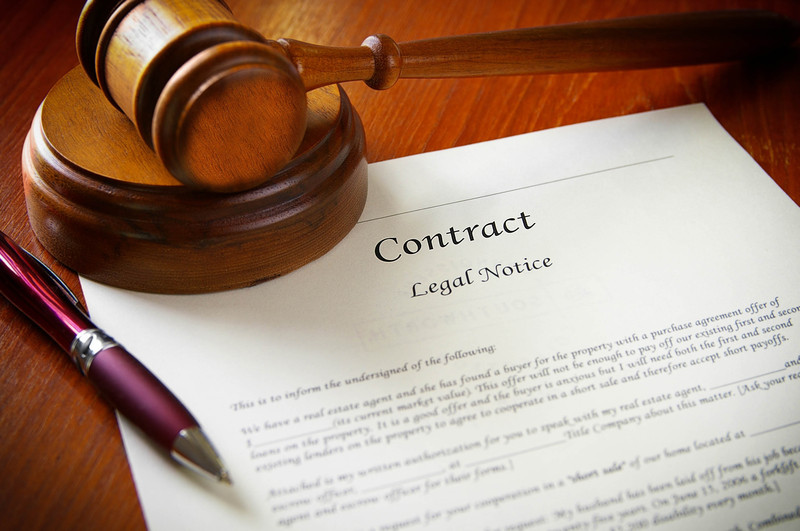Most small businesses are working with limited resources. It’s understandable, then, that they have to prioritize, in some cases foregoing services that might otherwise be deemed necessary.
However, it’s important for small business owners to understand the risks associated with foregoing necessary legal services. Because legal problems may seem unlikely, or at least far off, you might be inclined to allocate funds for more immediate needs.
This is a mistake. You simply cannot afford to forego the services of a knowledgeable and experienced small business lawyer. You’re going to need the advice, expertise, and services this professional provides before you even start your business, not to mention moving forward.
If you think you can somehow get away with managing legal matters on your own, you may be in for a world of disappointment (and serious hardship) down the line. Here are a few legal needs that apply to every small business, and a few good reasons to find a suitable attorney.
Forming a Corporation
A corporate structure is necessary to protect yourself from personal liability should your business come under legal attack. If, for example, your business is sued, you don’t want your personal assets to end up on the auction block to pay off professional debts.
The corporate structure you choose could have a significant impact on both your operations and your taxation. Choosing the right business type could save you money, reduce hassle, and help to ensure the success of your business over time. For example, you will need to answer the question of whether you should form an LLC, or a partnership, or an ‘S’ corporation, or a regular ‘C’ corporation. You also need to determine which jurisdiction to form the company, whether it is Delaware, Nevada, or some other local jurisdiction. These are some of the important questions that a good business lawyer can answer for you.
While you can do a lot of research on your own to determine which business type is going to benefit you the most, it never hurts to run it by an experienced attorney that is capable of detailing the finer points for you and offering advice. Your lawyer can also help to get all appropriate paperwork in place, not only to form your corporation, but also to raise capital for your small business, whether you’re seeking traditional loans or considering crowdfunding services.
Partner and Investor Contracts
Obtaining loans to launch your business enterprise is a fairly straightforward prospect, but you may have other opportunities and/or preferences where funding is concerned, namely in the form of partners or investors. If you want to protect your own stake in the business when you take on partners or investors, it’s important to have an experienced lawyer on your side.
For example, a crowdfunding lawyer can help you to find an appropriate crowdfunding platform as well as create contracts detailing the arrangement between your company and the many investors involved in crowdfunding operations. You might also consider the benefits of hiring a Regulation D lawyer if you need to list with the SEC due to the number of investors you’re planning to take on.
At the very least, your legal counsel can help you through the process of taking on partners or investors. If you’re not careful, you could end up losing your business due to the actions of an unscrupulous partner or disgruntled investor.
In order to keep a tight grip on the reins of your business, it’s crucial to have your own legal representation when setting up and managing your business. A mistake early on could equate to shooting yourself in the foot (or the head) where your small business is concerned.
Non-Competes and NDAs
Funding is just one aspect of starting a small business that can have serious legal ramifications. You not only need to protect yourself from partners and investors; you also need to make sure you have agreements in place with employees.
Most contracts for employees include two important features: non-compete clauses and non-disclosure agreements (NDAs). The first stipulates that your employees may not work for your competitors, either while they are working for you or after they leave your employ, usually for a set amount of time (say for a year or two).
The NDA is designed to stop employees from divulging confidential company information, including formulas, processes, plans, and more. It generally includes provisions should such leaks be discovered, including legal actions that may be taken against employees that disclose company secrets, either on purpose or by accident.
A company that fails to put proper legal protections in place is an easy target. If you want your small business to succeed, you cannot afford to neglect this essential aspect of operations.


















